Latest Infographics
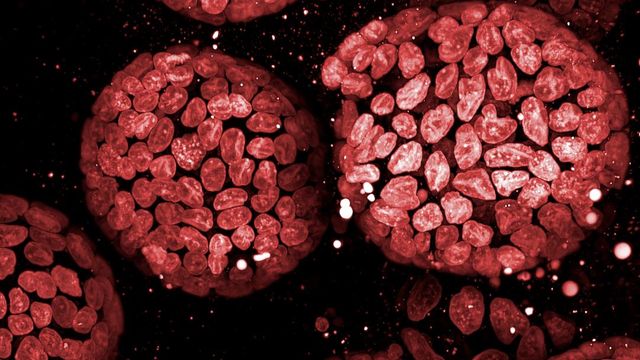
Infographic
Gain Deeper Insights From Your 3D Cell Model Imaging
This infographic explores innovative tools and strategies for enhancing 3D cell model imaging that can help you achieve high-quality images and efficiently manage data.
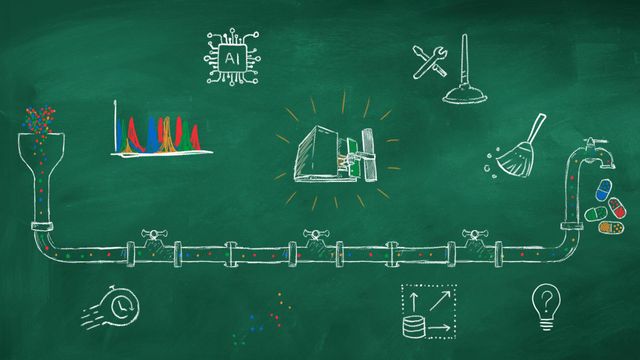
Infographic
Optimizing Flow Cytometry for Screening and Drug Discovery
This infographic presents recent key innovations that ensure reliable, high-throughput, automated flow cytometry workflows to enhance drug discovery.

Infographic
Cell Separation: Techniques and Applications
Download this infographic to learn more about why scientists might want to isolate individual cells or cell populations, different cell separation techniques, and key downstream applications of cell separation.

Infographic
Cell Culture Quality Control
Download this infographic to explore why quality control is key, the importance of cell line authenticity and how to reduce the risk of microbial contamination.

Infographic
Lab Water Purification
Download this infographic to explore why water purity is important and how water purity is defined.
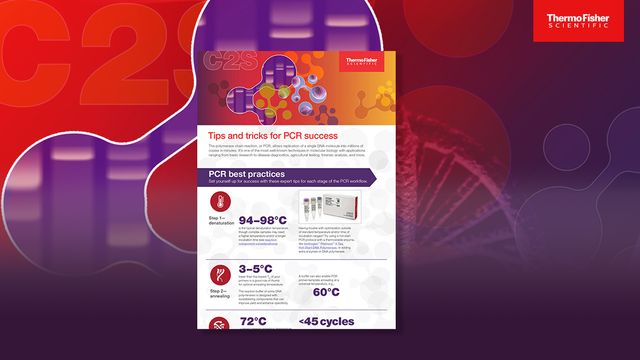
Infographic
Tips and Tricks for PCR Success
This infographic explores how to set yourself up for success with expert tips for each stage of the PCR workflow.

Infographic
Fundamentals of Flow Cytometry
There are a host of parameters that may be assessed in the cell biology lab and the flow cytometer is a key tool in doing so. In this infographic, we explore how flow cytometry works, what analyses can tell us and the applications of flow cytometry.
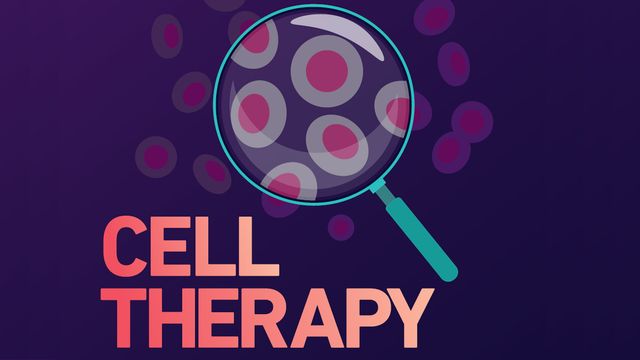
Infographic
Cell Therapy
This infographic explores how cell therapies can be made and the potential diseases that they are, and could be, used to treat.
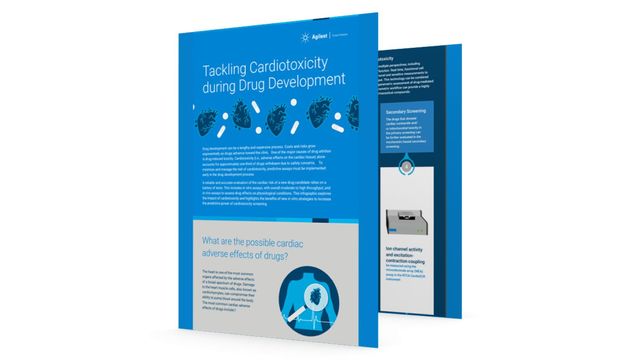
Infographic
Tackling Cardiotoxicity During Drug Development
Did you know that the adverse effect of drugs on cardiac tissue – known as cardiotoxicity – is one of the principal reasons that therapeutics are withdrawn from the market?
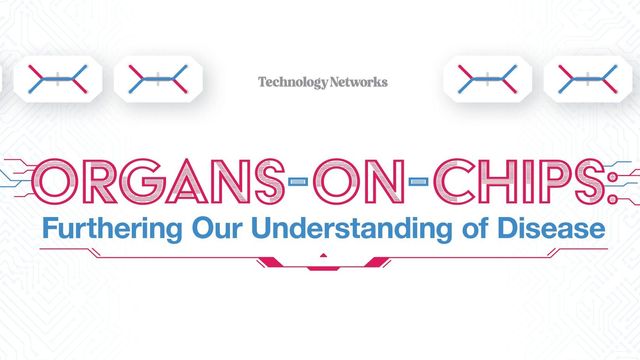
Infographic
Organs-on-Chips: Furthering Our Understanding of Disease
Download this infographic to explore what OOCs are and how they are helping to further our understanding of disease.
Advertisement

